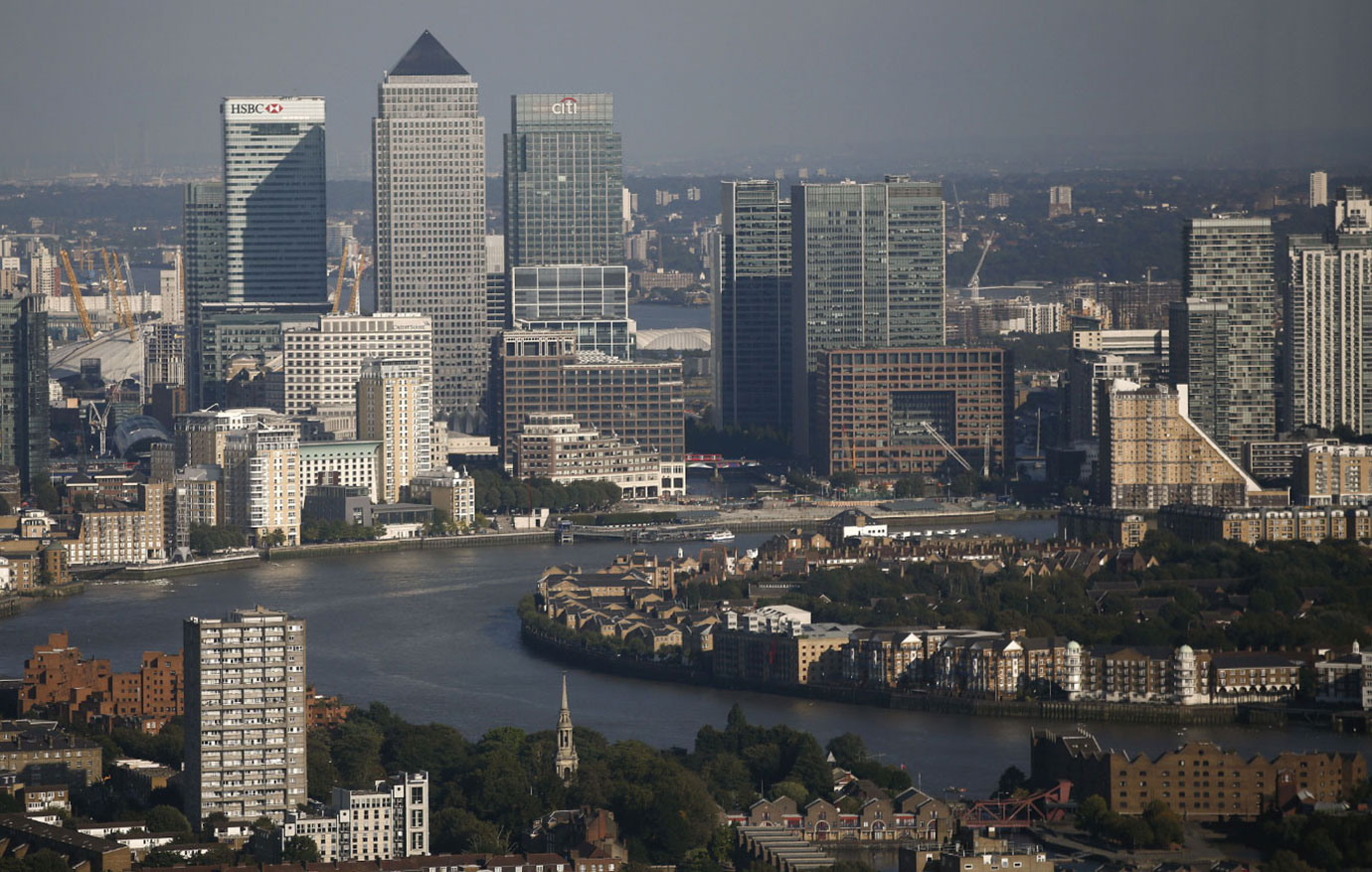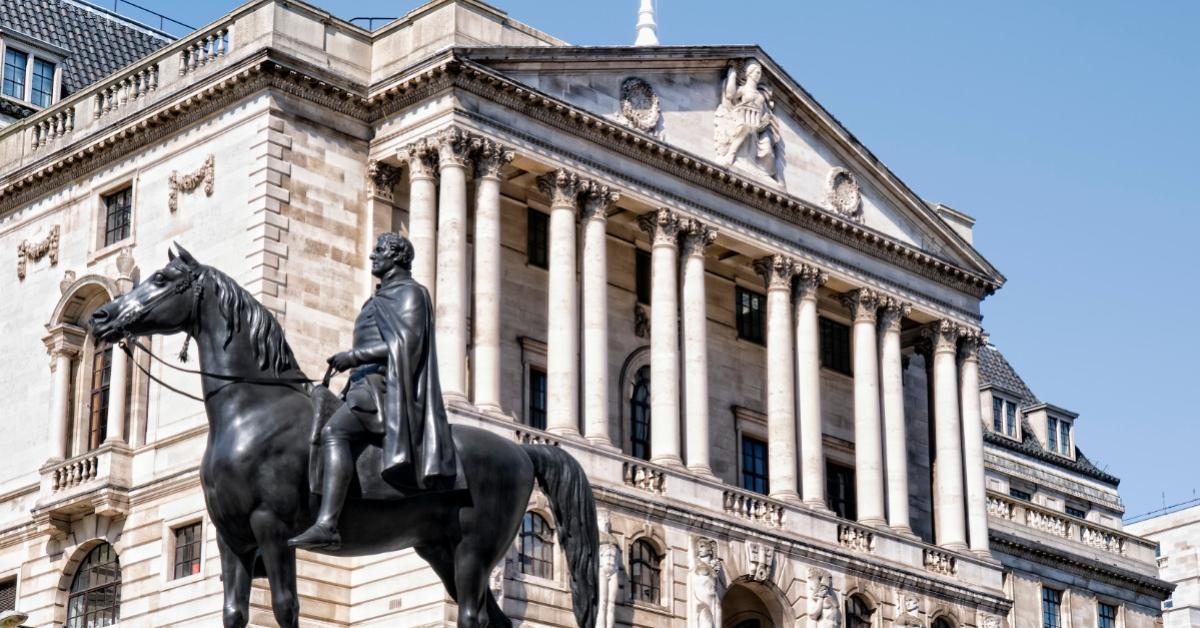It’s Not Discrimination, Even When the Government Claims Otherwise
Unjust discrimination can be costly for businesses and the broader economy. Businesses that refuse to hire applicants based on traits like sex and race limit society’s ability to harness human capital to produce innovations. Economies perform best when labor and
That Which Is Seen, and That Which Is Not Seen
In the department of economy, an act, a habit, an institution, a law, gives birth not only to an effect, but to a series of effects. Of these effects, the first only is immediate; it manifests itself simultaneously with its
Can We Fix the Economy?
Jeff and Bob record a special Thanksgiving episode for Money Talk 1010 AM on what it really takes to fix the US economy. Mark Thornton on the coming economic crisis: Mises.org/HAP371A Listen to Jeff on Money Talk 1010 every Thursday at 9:00am
Free Markets DO Work in Developing Countries
The standard line from progressives is that free markets usually fail in developing countries. The economic numbers tell a much different story. Original Article: "Free Markets DO Work in Developing Countries" This Audio Mises Wire is generously sponsored by Christopher Condon.
A (True) Thanksgiving Tale of Socialism in America and Israel
The United States and Israel have each had (and are having) their experiences with socialism. One country learned its lesson (at least once upon a time), while the other did not. The experiences these two countries have had with socialism are
The Near Collapse of the UK Pension Sector Exposes Failures by Financial Regulators
In an earlier article, I explained that the collapse in the long-dated UK government bond (or gilts) market on September 28 that followed the ill-fated Kwarteng “mini budget” of a few days earlier had exposed a hitherto underappreciated problem: UK
The Great Gold Robbery of 1933
[Originally published August 13, 2008] It's been 75 years since the federal government, on the spurious grounds of fighting the Great Depression, ordered the confiscation of all monetary gold from Americans, permitting trivial amounts for ornamental or industrial use. This happens
How the Invention of the Dining Room Revolutionized Domestic Life
For families and friends gathering for Thanksgiving dinner this year, chances are that many of them will gather at some point in rooms called the "dining room." For most middle-class Americans, maintaining a formal dining room for ritualized forms of entertainment
Christmas Shopping on Amazon? Support the Mises Institute with Amazon Smile
With Christmas season fast approaching, remember that registering the Mises Institute as your Amazon Smile affiliate charity is one of the easiest ways to support the Mises Institute. With Amazon Smile, a percentage of each purchase will be donated to
Russia Isn’t Winning. Neither Is Ukraine.
On this episode of War, Economy, and State, Ryan McMaken and Zachary Yost check in on the Russo-Ukrainian war to examine Russia's strength, the US's blank check, and the prospects of World War III. Additional Resources "NATO: Our International Welfare Queens" by











